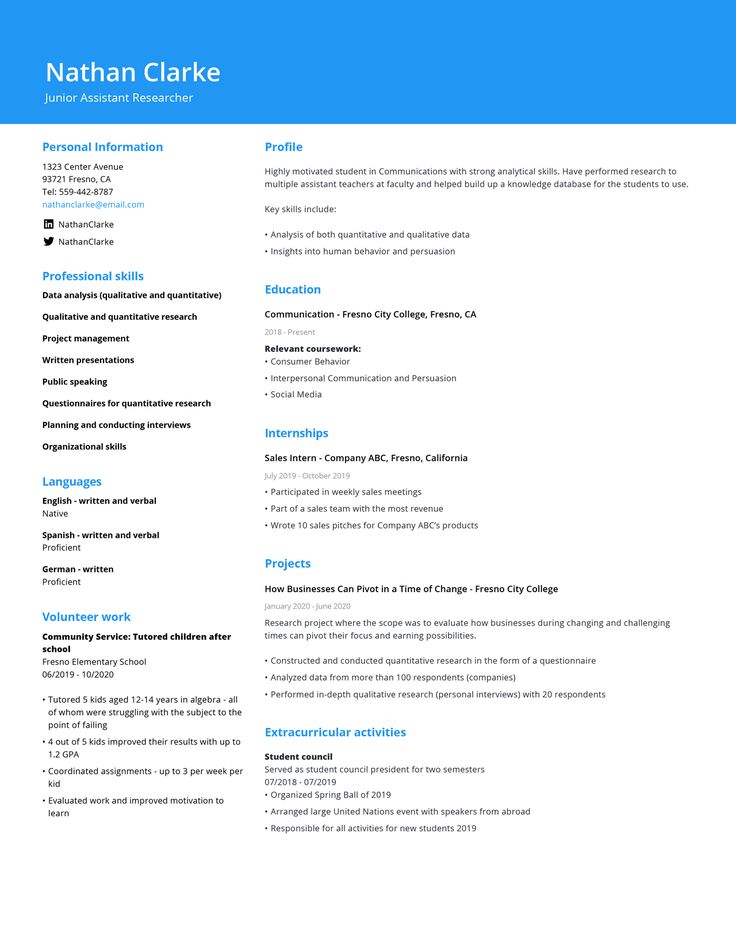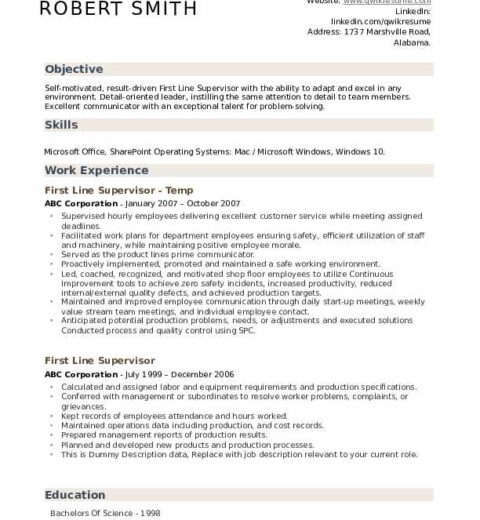In the competitive landscape of the job market, the conundrum of crafting a compelling resume with little to no experience is one that many individuals face. The hesitation often stems from a myriad of factors, including self-doubt and a lack of knowledge on how to succinctly convey one’s abilities. However, the lack of formal experience doesn’t have to be viewed as a significant impediment. Instead, it can be an opportunity to highlight transferable skills, showcase personal attributes, and express enthusiasm for the role. Here’s a comprehensive guide on how to construct an impressive resume, even when experience appears sparse.
First and foremost, it is crucial to understand the purpose of a resume. This document serves as a personal marketing tool, designed to present your qualifications to potential employers. A well-organized resume not only outlines previous work experiences but also highlights skills, achievements, and personal characteristics that are relevant to the job in question. The key lies in tailoring this document for each application, ensuring that it resonates with the job description and the company’s ethos.
When starting a resume, the first consideration should be the format. A clean, professional layout is essential. There are three common formats to choose from: chronological, functional, and combination. For individuals with little experience, the functional format is often most effective. This style allows you to emphasize skills over employment history. By presenting your abilities prominently, you can draw attention away from the absence of experience.
Next, let’s discuss the essential sections to include in your resume. The primary components typically consist of the contact information, objective statement, education, skills, and possibly relevant projects, volunteer work, or internships. Each section carries weight and should be tailored to enhance your unique value proposition.
Your contact information should be straightforward. Include your full name, phone number, email address, and LinkedIn profile, if applicable. This is the first thing a hiring manager will see, so ensure that this section is clean and professional.
Crafting a compelling objective statement is critical, especially for candidates with limited experience. Instead of a generic statement, personalize it to reflect your career goals and what you can bring to the employer. For example, rather than stating, “Seeking a position in marketing,” consider something more engaging, like, “Aspiring marketing professional eager to leverage creativity and analytical skills to enhance brand visibility through innovative campaigns.” This approach presents you as enthusiastic and focused.
Education is another pivotal part of the resume, particularly for those just entering the workforce. List your highest level of education first, including the degree obtained, major, institution name, and graduation date. If your academic achievements include relevant coursework, projects, or honors, make sure to include those. This section showcases your foundational knowledge and academic dedication, which can often serve as proxies for practical experience.
However, the absence of formal employment does not render one incapable of offering valuable contributions. Skills can be cultivated outside traditional workplaces—whether through internships, volunteering, or personal projects. Therefore, curate a skills section that includes both hard and soft skills relevant to the job. Hard skills may include technical proficiencies such as computer software or language fluency, while soft skills encompass traits like communication, leadership, problem-solving, and adaptability. Reinforce these skills with tangible examples where possible. Instead of merely stating, “strong communication skills,” an effective variation would detail how you effectively led a group project or facilitated an event successfully.
Furthermore, consider incorporating a section dedicated to volunteer work or relevant projects. Many employers value community engagement and demonstrable initiative. Highlighting your contributions to local organizations, participation in clubs, or independent projects can impress potential employers by illustrating your commitment and diverse skill set. This not only conveys a well-rounded character but also practically showcases applicable skills you have employed in real scenarios.
In a market that increasingly values personality and cultural fit over traditional metrics, your resume should reflect your individuality. Include a brief section on interests or hobbies that could resonate with the company’s culture or the job role itself. For instance, if applying for a position at a tech startup, showcasing a passion for coding or innovative projects you’ve undertaken can provide a glimpse into your enthusiasm and alignment with the organization.
Finally, ensure that your resume is devoid of grammatical errors and typos—such oversights can be detrimental to your chances. Have someone review your resume for feedback, and utilize resources that offer tips and suggestions on good resume writing practices. Engaging professionally formatted templates can also enhance visual appeal without overshadowing the content.
In conclusion, while the challenge of crafting a resume without experience may seem daunting, employing a strategic approach can effectively convey your potential to prospective employers. Focus on your transferable skills, maintain a professional format, and tailor your resume to reflect your unique attributes and aspirations. With patience and attention to detail, a compelling resume can emerge that opens doors to opportunities, even when direct experience is lacking.




